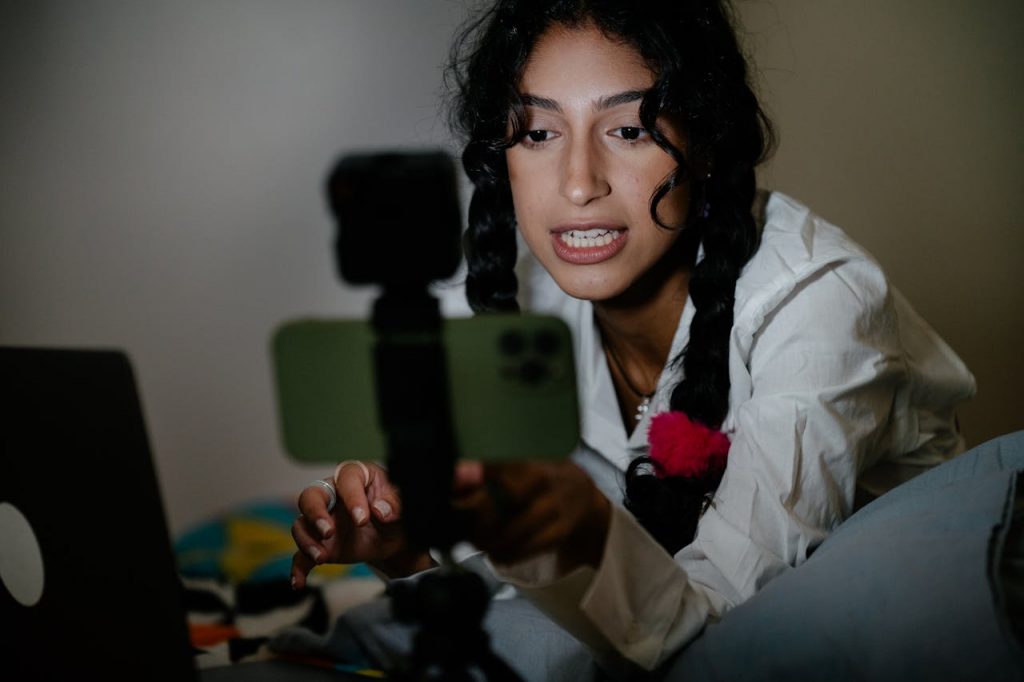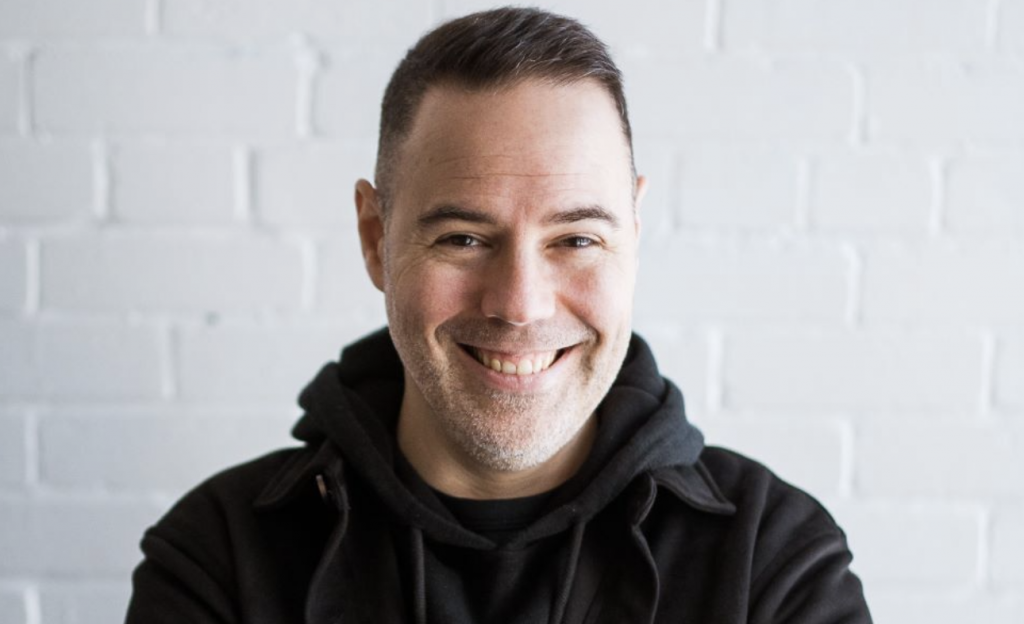Gone are the days of polished narratives and political correctness. It’s time to embrace and showcase our true selves on social media—strengths, flaws, and imperfections included!
1. Authenticity on Steroids
In early November, a viral TikTok video by a Quebec entrepreneur epitomized the new “anti-influence” culture, as coined by Rachel Houde Simard in her 2024 recap.
Jean-Noël Lacroix, the boisterous owner of Armoires PMM, vented his frustration at Canada Post, whose weeks-long strike disrupted his kitchen deliveries.
@9999_de_jean On veut que ça se règle, Poste Canada 🇨🇦.
♬ son original – 9999
This outburst wasn’t a one-off. Lacroix’s high-energy account regularly features expletive-laden posts.
“It’s a great example of User-Generated Content,” notes Francis Jette, content creation consultant and Isarta trainer. “The business owner has crafted a persona that aligns with his personality. Despite the eccentricity, his videos follow today’s best practices: short, punchy messages focused on the product, with behind-the-scenes glimpses of the company.”
We Are Social’s Think Forward 2025 report describes this trend as a “primal renaissance”:
“After years of cultural smoothing and emotional repression, 2024 marked the return of rawness, gore, vulgarity, and hedonism. The social media landscape is re-embracing chaos.”
This trend is expected to continue thriving in 2025.
2. The Reign of Short-Form Content
Structural shifts on social platforms further amplify the appeal of the bold, “in-your-face” approach many brands now adopt: the omnipresence of short videos across platforms, sometimes called the “TikTokification” of content.
“In the coming year, short-form vertical video content, like Reels or TikToks, will continue to dominate,” predicts Francis Jette. “Competition for attention is fiercer than ever. Informative content isn’t enough anymore—you need entertaining, punchy, or deeply authentic content that highlights your ambassadors, employees, and real people.”
3. The Rise of Social SEO
Beyond video dominance, another structural change lies in platform algorithms. Platforms like Facebook, which once prioritized content from personal networks, now focus on interest-based content—a shift reminiscent of TikTok.
“With AI integration, social media platforms are increasingly transforming into recommendation engines,” adds Jette. “This makes social SEO—keywords embedded in your social media content—more crucial than ever.”
4. A Search for Human Connection
Major social platforms seem to be steering back toward a passive “broadcaster-viewer” model reminiscent of the TV era. Yet, it’s unclear whether users will embrace this vision.
“In a world that feels increasingly divided, audiences crave conviviality and advocate for a new Internet that brings us closer again,” says We Are Social.
In Quebec, digital consultant Diane Bédard observes a similar trend:
“A significant portion of the population is realizing how ‘anti-social’ social media platforms have become, dangerously undermining democracy worldwide. I see disengagement and disinterest everywhere. At this rate, I foresee the end of this era.”
What’s her vision for the future?
“We need a 100% human network, free from AI and automated interventions… Clear and universally understood moderation rules, zero tolerance for trolls hiding behind anonymity, and a verified identification system to ensure we’re engaging with real people, not soulless avatars.”
Bédard calls it the right to dream. The quest for a feel-good social network is set to continue into 2025!
 training.isarta.com
training.isarta.com  training.isarta.com
training.isarta.com  training.isarta.com
training.isarta.com 







